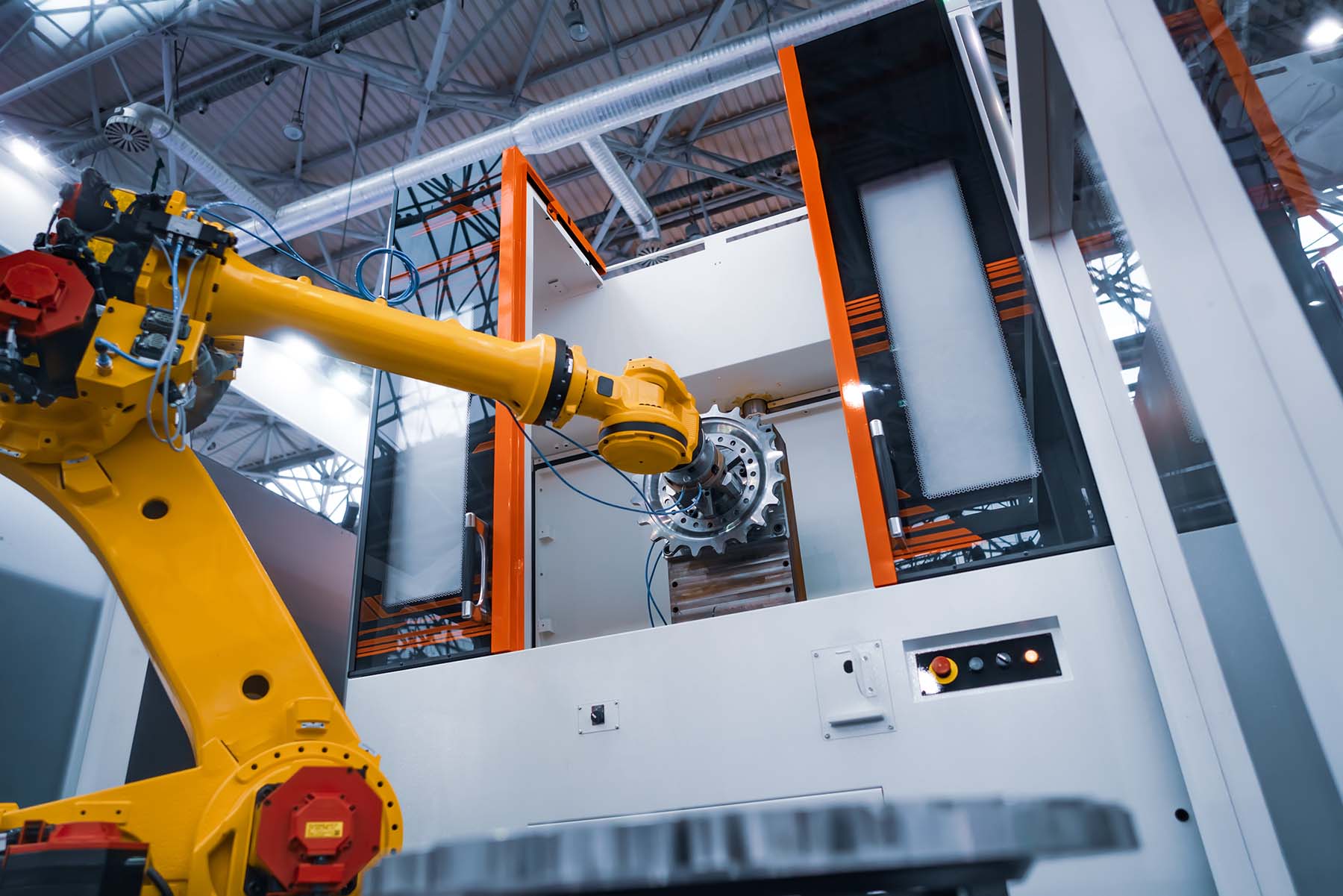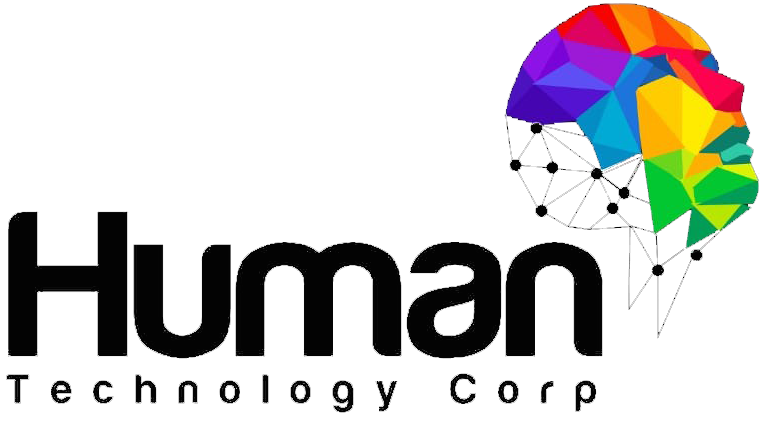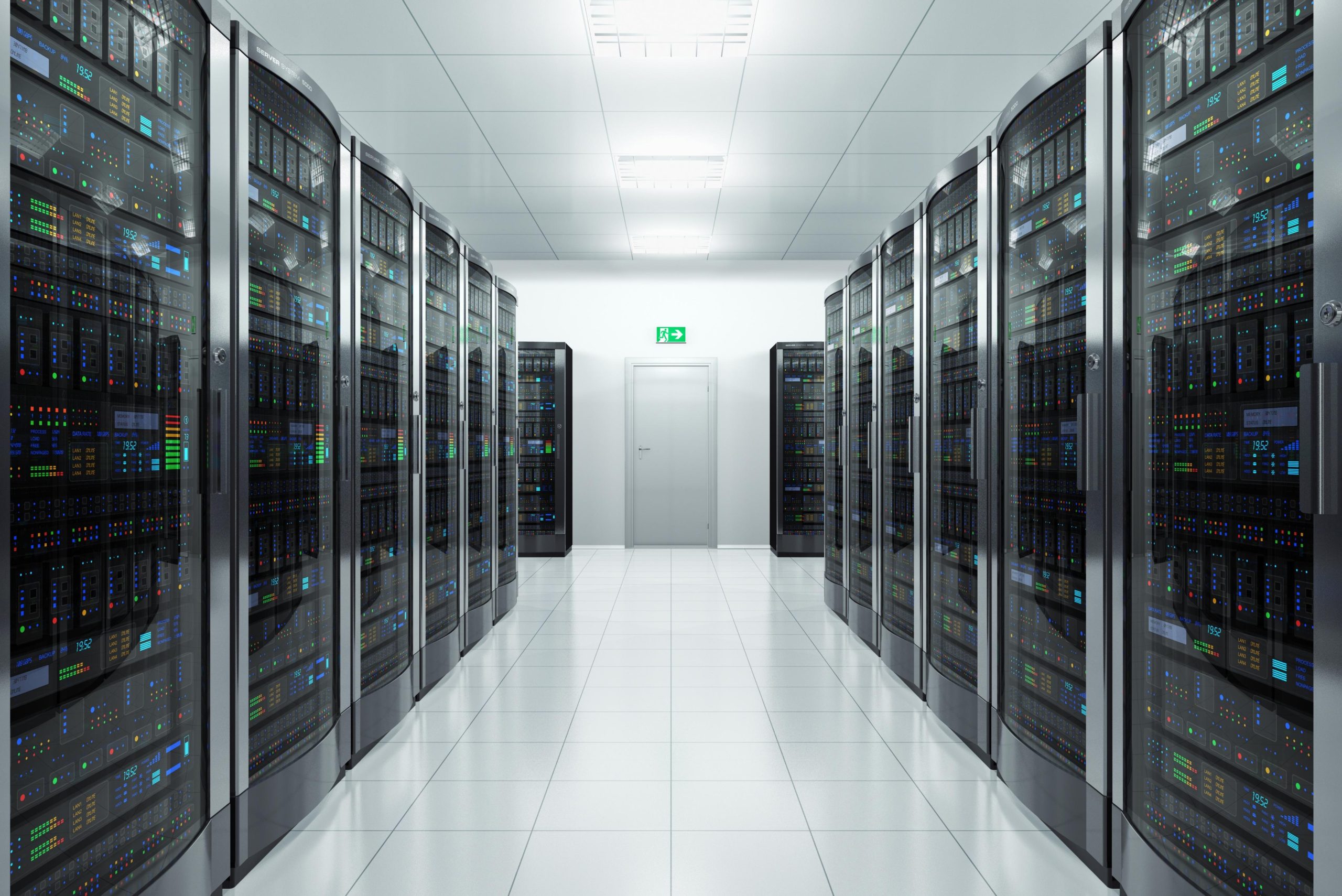In today’s ever-evolving industrial landscape, Smart Factories are transforming the way businesses operate. By integrating cutting-edge automation, IoT, AI, and data analytics, smart factories optimise efficiency, reduce waste, and enhance productivity across various sectors.
Smart Factories Explained: What They Are and How They Work
A smart factory is an automated, data-driven manufacturing setup that uses advanced technologies in the shape of robotics, real-time monitoring, and AI-driven decision-making to optimise production. Unlike traditional factories, smart factories depend upon interconnected systems that communicate seamlessly, ensuring greater precision, faster turnaround times, and minimal human intervention. Automation and robotics have long been a part of manufacturing, with traditional factories using barcode scanners, cameras, and digitised equipment. However, these systems operate in isolation, meaning they are not interconnected.
A smart digital factory seamlessly integrates machines, people, and Big Data into a single interconnected system. More than just analysing data, it learns from experience, interpreting insights to predict trends, optimise workflows, and automate processes. With continuous self-correction and improvement, it enhances resilience, productivity, and safety to empower both machines and humans to work smarter.
Cutting-Edge Technologies Behind Smart Factories
Technologies concerned with Smart Factories are highly responsive. With the rapid advancement of digital transformation, smart factory technologies provide limitless opportunities to expand, modify, and optimise operations with ease.
- Industrial IoT (IIoT): Smart factories rely on IIoT networks, allowing machines to communicate and automate workflows. Older equipment can be upgraded with IIoT gateways, ensuring seamless integration into modern digital operations.
- Artificial Intelligence (AI): AI-powered operational systems bring unparalleled speed, efficiency, and adaptability, seamlessly gathering and analysing diverse data sets to deliver real-time insights and intelligent recommendations. Within a smart factory, automation and AI continuously refine processes, driving efficiency and precision.
- Machine Learning: A critical advantage of machine learning in smart factories is its ability to predict and prevent system failures through advanced maintenance strategies. By continuously assessing manufacturing conditions, AI-powered systems can send alerts ahead of malfunctions, allowing for automated or manual intervention as needed, reducing downtime and improving efficiency.
- Cloud Computing: No matter the type, public, private, or hybrid, the cloud acts as the backbone of a smart factory, enabling real-time data exchange across all business operations. This ensures complete visibility into connected assets and optimises supply chain efficiency at a global scale.
- Big Data: Smart factories thrive on extensive data sets, enabling predictive analytics and real-time optimisation. While the potential of Big Data has long been recognised, businesses often lack the tools to leverage it effectively. Thanks to digital transformation, supply chains and manufacturing processes can now thoroughly use Big Data insights to enhance efficiency and drive innovation.
- Robotics & Automation: Robotics and automation play a pivotal part in modern smart factories, streamlining production, reducing human intervention, and improving operational efficiency. Advanced robotic systems are designed to perform repetitive, high-precision tasks with minimal errors, ensuring consistent quality and faster turnaround times. These machines can work 24/7 without fatigue, significantly increasing productivity while reducing labour costs.
- Digital Twins: Digital Twins are transforming modern manufacturing by creating virtual models of factory operations that replicate real-world processes. These digital counterparts allow businesses to simulate, analyse, and optimise production workflows before making physical changes, reducing costs and minimising risks. By using real-time data, AI, and IoT connectivity, Digital Twins provides manufacturers with a dynamic, data-driven representation of machines, systems, and workflows. This enables predictive maintenance, process refinement, and performance optimisation without disrupting actual operations.

Potential Benefits of Smart Factories
Adopting smart factory solutions offers numerous advantages, such as:
- Higher Efficiency: Automation speeds up production while reducing errors.
- Lower Costs: AI-driven maintenance prevents costly downtime.
- Improved Quality Control: Real-time monitoring ensures consistent product quality.
- Greater Flexibility: Smart systems adapt quickly to production demands.
- Risk-Free Testing: Simulate operational changes before real-world implementation, reducing trial-and-error costs.
- Data-Driven Decision Making: Gain real-time insights to improve production accuracy and reduce waste.
- Sustainability: Optimised energy usage and waste reduction promote eco-friendly manufacturing.
These benefits make smart factories a necessity for companies aiming to stay ahead in today’s ever-growing market.
Smart Factories of Tomorrow: The Future of Intelligent Manufacturing
The future of smart factories lies in full-scale AI integration, 5G connectivity, and self-learning machines. As these advancements continue to grow, businesses must embrace digital transformation to remain competitive.
By investing in smart factory solutions, industries across transportation & railways, food manufacturing, IT infrastructure, hospitality, and logistics can enhance productivity, improve efficiency, and future-proof their operations.
Final Thoughts
Smart factories are shaping the future of industrial production, offering unparalleled efficiency, cost savings, and technological advancements. As businesses across various sectors transition to intelligent manufacturing, adopting automation, AI, and data-driven processes will be key to staying ahead.
Embracing smart factory technology today means unlocking a more productive, flexible, and sustainable future. The question isn’t whether to adopt smart factory solutions, it’s how soon can you start?



